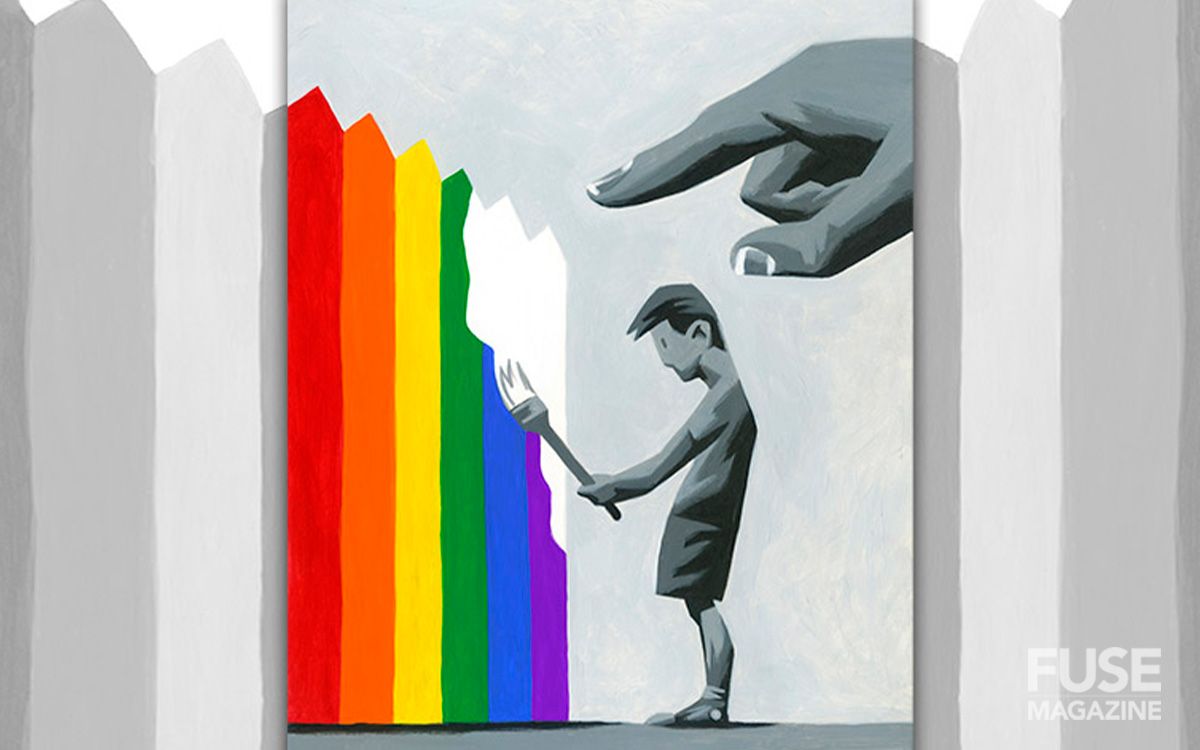Baby mice with two dads and it's awesome!

In a groundbreaking experiment, scientists successfully created baby mice using genetic material from two male mice. It could pave way for new fertility treatments for the LGBTIQ community.
In a world first, scientists in Japan have created mice with two biological fathers, sparking intriguing possibilities for the future of human reproduction. Under the leadership of Katsuhiko Hayashi, a pioneer in the field of lab-grown eggs and sperm, a team of scientists at Kyushu University succeeded in transforming a mouse skin cell carrying the male X-Y chromosome into an egg carrying the female X-X. Male sperm was then used to fertilise the eggs.
The resulting mice were healthy, had a normal lifespan and even went on to have their own offspring as adults. Hayashi presented the results at the Francis Crick Institute in London, stating his belief that the research could be replicated with human cells within the next decade.
If deemed safe, Hayashi is in favour of using the technology to allow same-sex couples to have biological children.
While it is still too early to know whether the technique could be used to help same-sex couples have biological children, it is an exciting possibility that researchers will continue to explore.
In the US Prof Amander Clark, who works on lab-grown gametes at the University of California Los Angeles, said that translating the work into human cells would be a “huge leap”, because scientists are yet to create lab-grown human eggs from female cells.
Scientists have created the precursors of human eggs, but until now the cells have stopped developing before the point of meiosis, a critical step of cell division that is required in the development of mature eggs and sperm. “We’re poised at this bottleneck at the moment,” she said. “The next steps are an engineering challenge. But getting through that could be 10 years or 20 years.”








